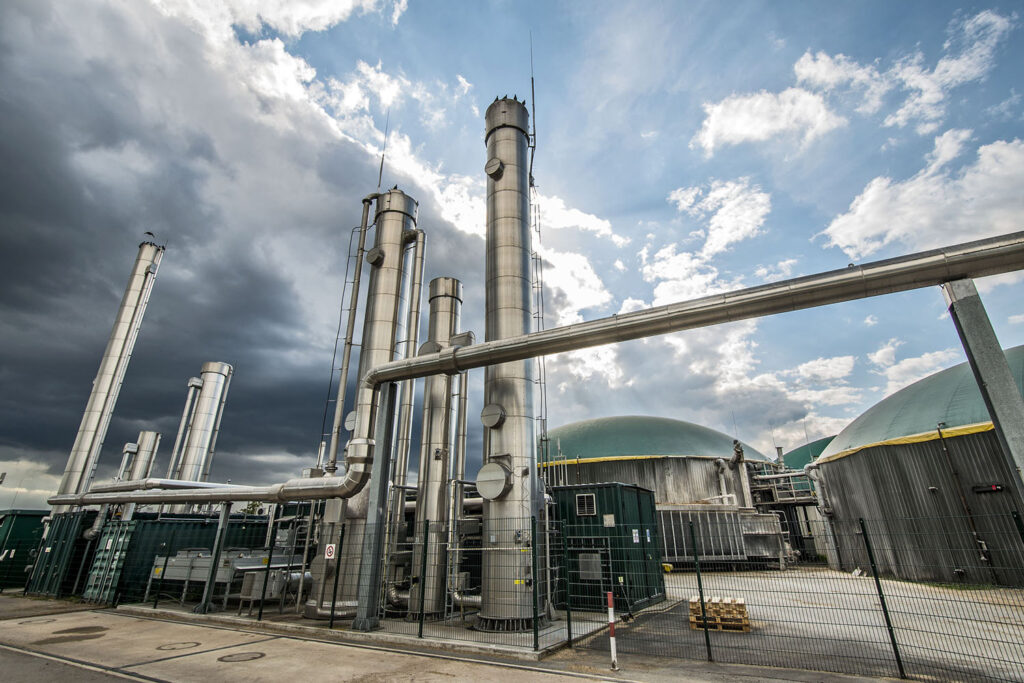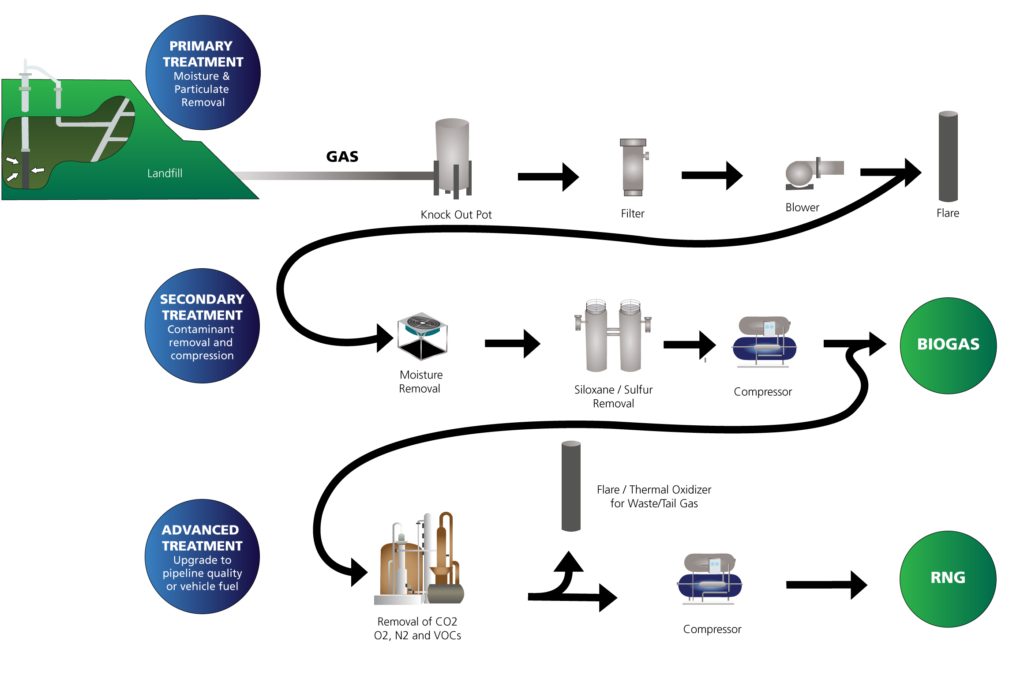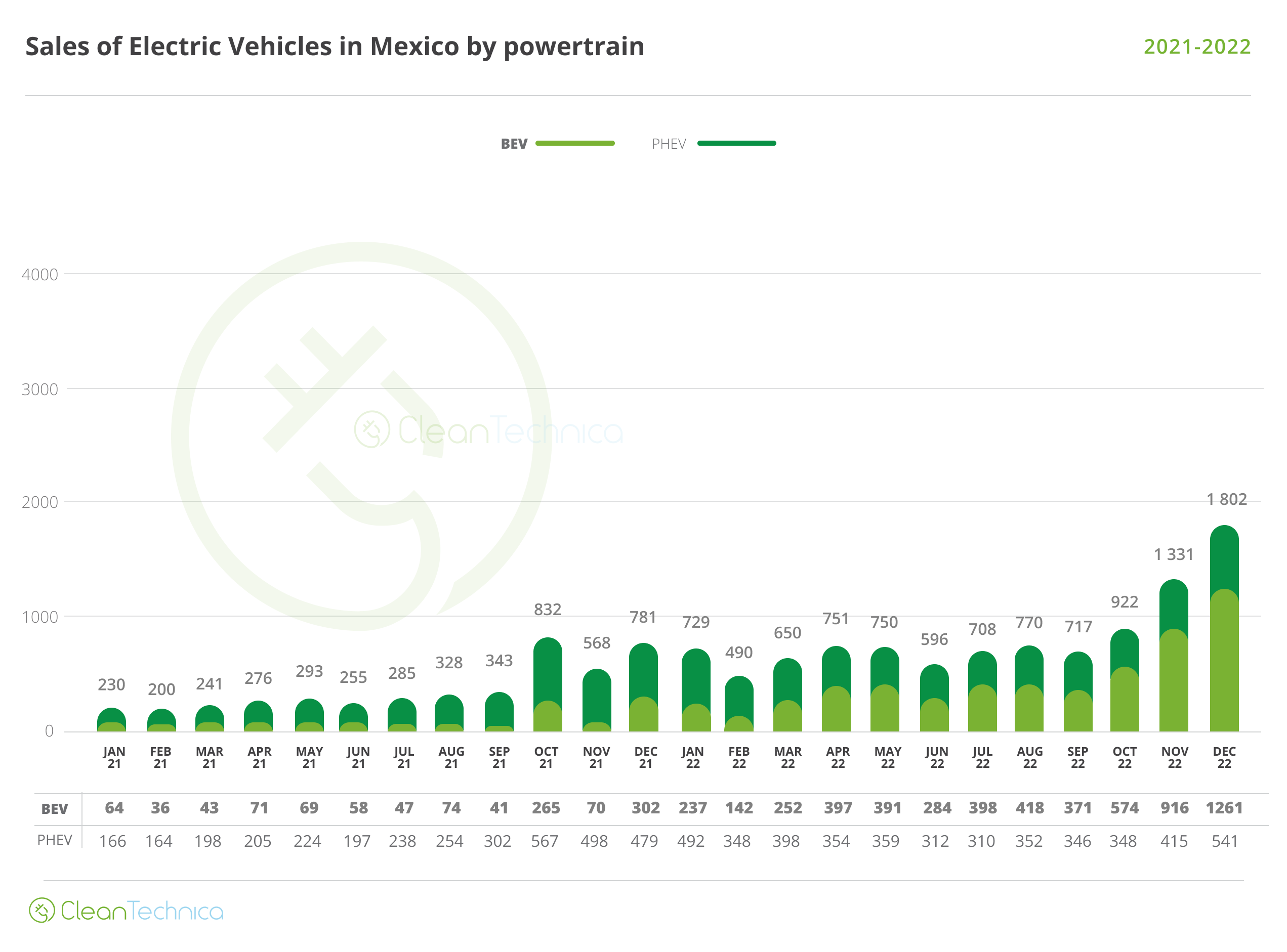Introduction:
The pursuit of sustainable energy solutions has prompted exploration into alternative sources, with biogas and biofuels emerging as promising options. These renewable energy sources offer avenues for reducing carbon footprints and diversifying energy portfolios. In this article, we explore the production processes, applications, and benefits of biogas and biofuels, as well as the role of innovative technologies in advancing these industries.

Biogas: A Renewable Powerhouse
Biogas, produced through the decomposition of organic matter in oxygen-free environments, is rich in methane, making it a valuable renewable energy source. Its versatility allows it to power engines for electricity generation and be refined into Renewable Natural Gas (RNG), seamlessly integrating into existing natural gas infrastructure while mitigating methane emissions.

Biofuels: Driving Towards Sustainability
In response to growing consumer preferences for sustainable alternatives, biofuels have emerged as a promising solution. Derived from renewable biological sources such as crops, oils, and organic waste, biofuels offer a sustainable alternative to conventional fossil fuels. This shift towards biofuels reflects a broader societal commitment to reducing environmental impact and fostering a more sustainable future. By reducing reliance on gasoline and diesel consumption, biofuels contribute to emissions reductions and help meet regulatory mandates. In Canada, policies require a portion of gasoline and diesel to come from renewable sources, further promoting the adoption of biofuels.
Biogas/Biofuel Industries: Diverse Applications
Biogas and biofuels find applications across various sectors, including agriculture, waste management, and wastewater treatment. These industries harness organic waste streams to produce valuable energy resources, aligning with circular economy principles and decreasing dependence on finite fossil fuel reserves.
Advancing Technologies: Enabling Sustainable Solutions
Innovative technologies play a crucial role in optimizing biogas and biofuel production processes. From primary treatment stages focused on moisture and particulate removal to advanced treatments for upgrading biogas quality, a range of analytical tools and equipment ensures efficiency, quality control, and regulatory compliance.
Key Measurements: Monitoring for Efficiency and Compliance
Accurate measurement and monitoring are essential for ensuring the efficiency and compliance of biogas and biofuel operations. Key parameters such as methane content, carbon dioxide levels, hydrogen sulfide concentrations, and heating values are meticulously tracked to optimize processes and meet stringent quality standards.
Westech Solutions: Pioneering the Way Forward
As leaders in the energy industry, Westech offers a comprehensive range of analyzers and mechanical solutions tailored to the needs of biogas and biofuel applications. From gas measurement and flow measurement to custom solutions and flare systems, Westech equips industries with the tools necessary for sustainable energy production and utilization. Additionally, Westech collaborates with VAREC Biogas Solutions to provide cutting-edge technologies specifically designed for biogas applications. With VAREC’s expertise in biogas management systems, including digesters, gas monitoring, control, and safety solutions, Westech ensures that clients have access to the most advanced and reliable technologies to optimize their biogas operations and maximize efficiency. Together, Westech and VAREC Biogas Solutions are at the forefront of driving innovation and sustainability in the biogas industry.
Share This:
Next Article




